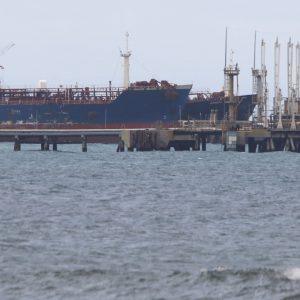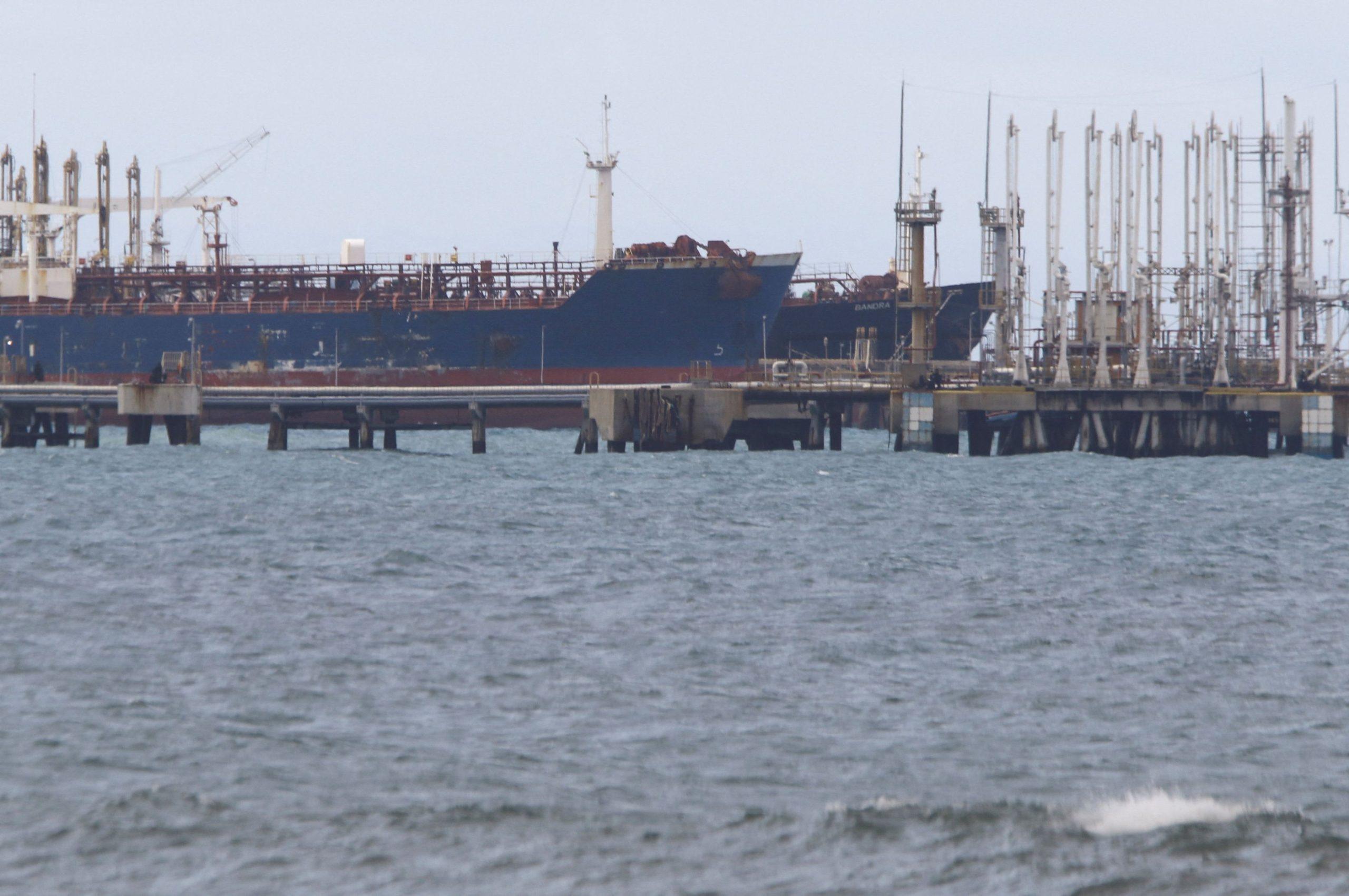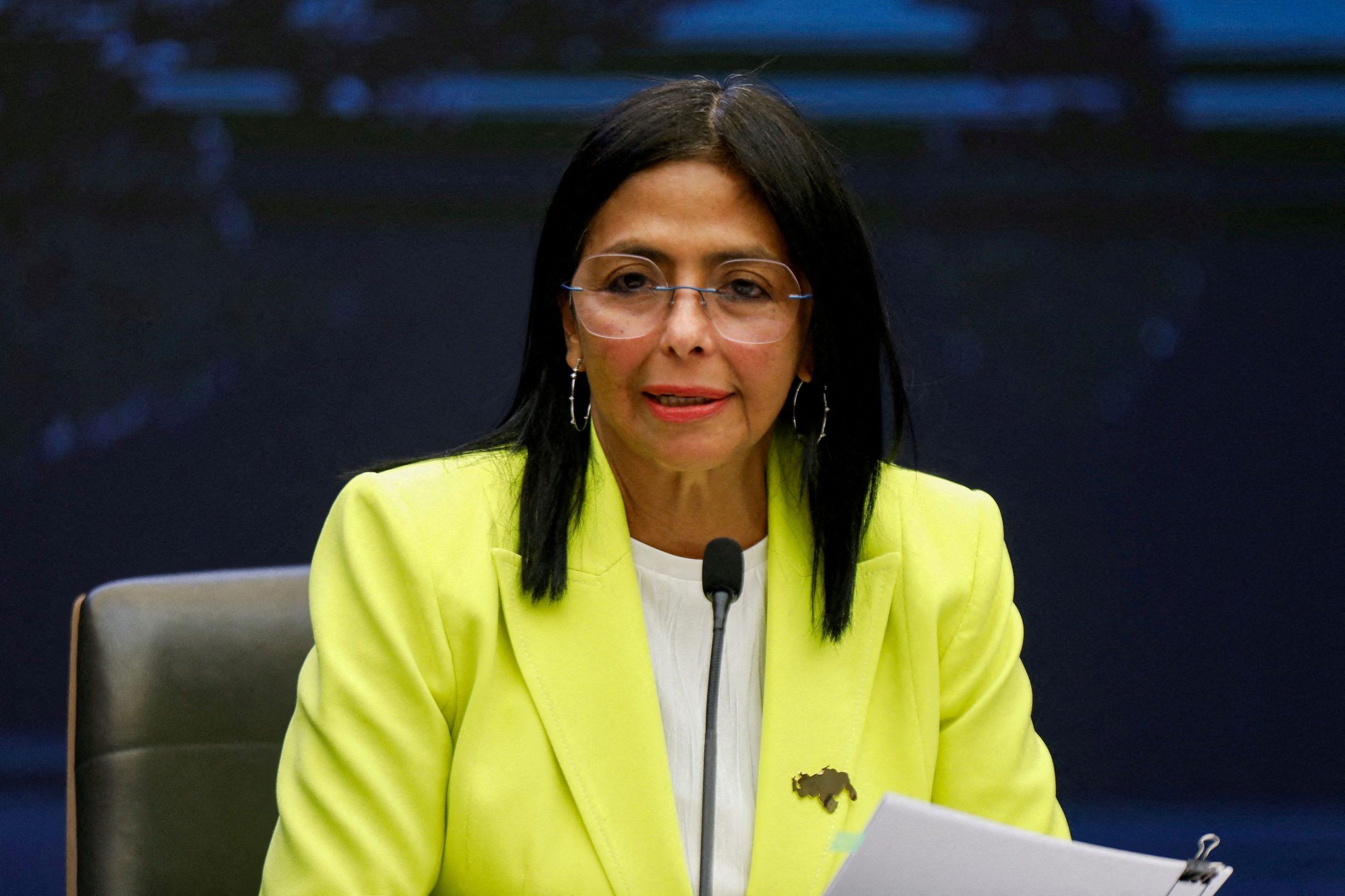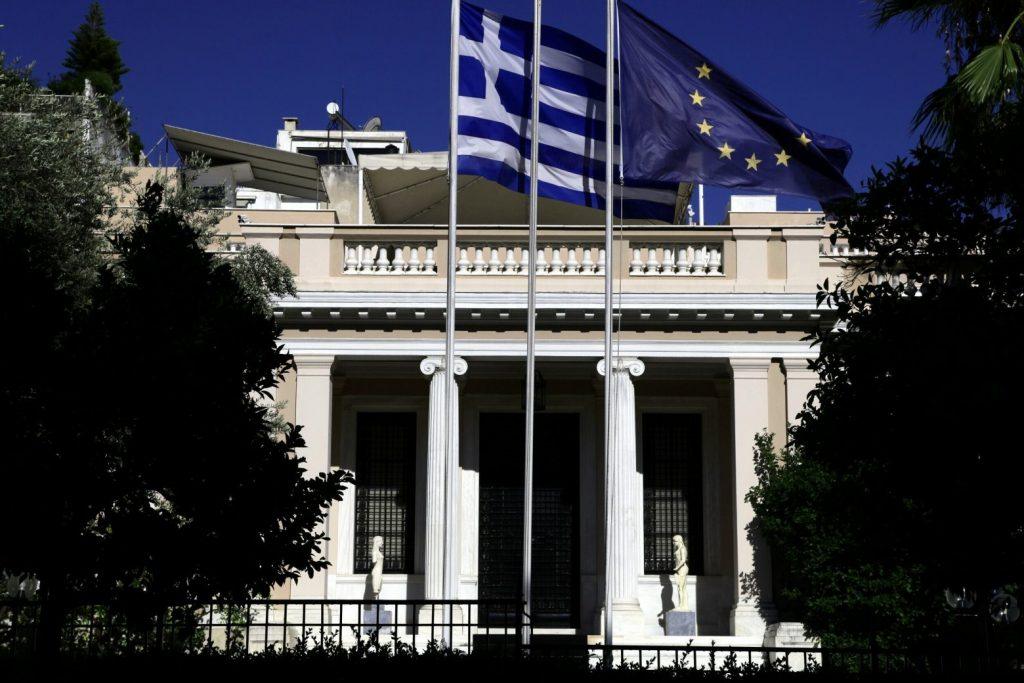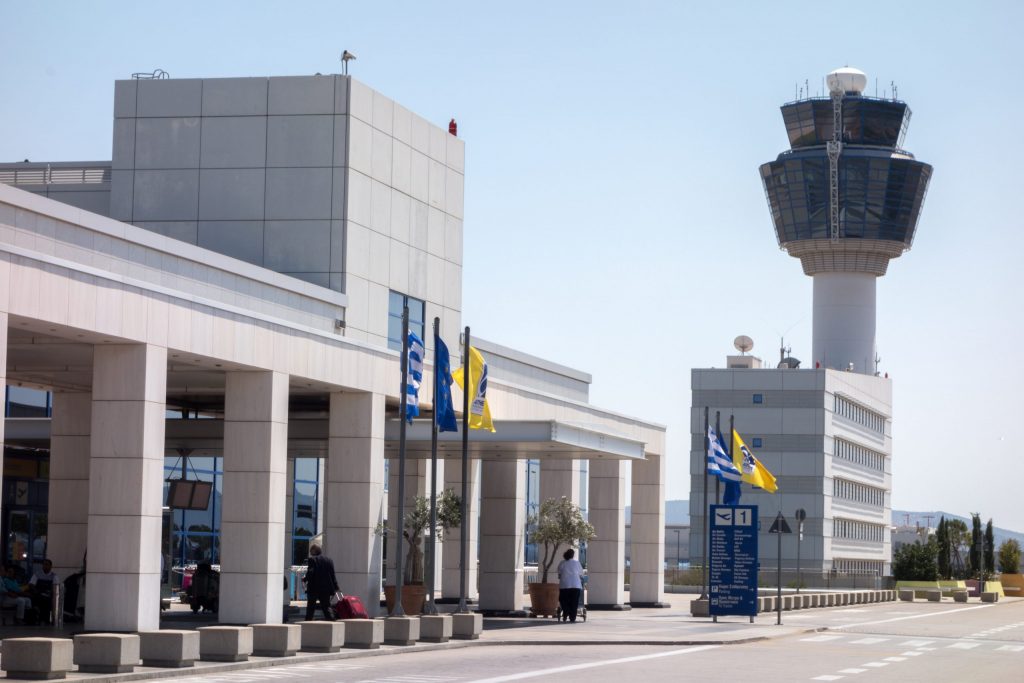A decision communicated on Tuesday afternoon by Libya is nothing less than a “slap” in the face for the government of Abdulhamit Dbeiba, but also of Recep Tayyip Erdogan.
More specifically, a Tripoli court decided to suspend the implementation of the agreement signed by the Libyan Foreign Minister, Naila Mangous, with her Turkish counterpart, Mevlut Cavusoglu, for exploration and extraction of hydrocarbons in areas of the Libyan EEZ, as provided by the illegal Turkish-Libyan memorandum, which had been signed by the government of Fagez al-Sarraj.
After the signing of the agreement, Mevlut Cavusoglu stated that “we discussed the steps towards a political solution and our relations with Prime Minister Dbeiba. We signed Memoranda of Understanding in the fields of Hydrocarbons and the Protocol”, while he also had a private meeting with his counterpart, Naila Mohamed Al-Mangous.
International condemnation
The Turkish-Libyan memorandum was condemned internationally, while a representative of the State Department had declared that the government of Tripoli must, based on the commitments it has undertaken, not sign new agreements that disrupt the country’s foreign relations or entail long-term obligations for it.
Five Libyan lawyers appealed to the competent court in Tripoli against the memorandum which, as Athens had stressed, “violates its sovereign rights and is a violation of international law and a deliberate escalation that undermines stability in the region.”
The appeal sought the annulment of the memorandum, with a number of arguments, including that the government of Abdulhamit Dbeiba is not authorized to enter into international agreements.
In addition, Libyan lawyers had filed a request for a temporary injunction to immediately suspend it because the agreement “illegally usurped the exclusive jurisdiction of the Libyan National Oil Company (NOC) in the oil trade and contains texts that need a different interpretation, causing serious damage that cannot be fixed if Turkey starts implementing the agreement.”
The consequences of the decision
The court’s decision on the agreement that the pro-Turkish government in Tripoli rushed to sign (while not having such an option as a transitional one) now has significant implications for maritime demarcation and security cooperation agreements.
The decision, it is noted, is based on legislation of the General National Congress that has been in force since 2013 and specifically states that: “The interim government is prohibited from signing in any way agreements under the sovereignty of the Libyan state, on land, sea and air of its territory, as well as agreements for the demarcation of borders or the exploitation of strategic natural resources, unless approved by the General National Congress”.
It is noted that the Tripoli government has not made any direct comment on Monday’s court decision, nor has the Turkish government.










